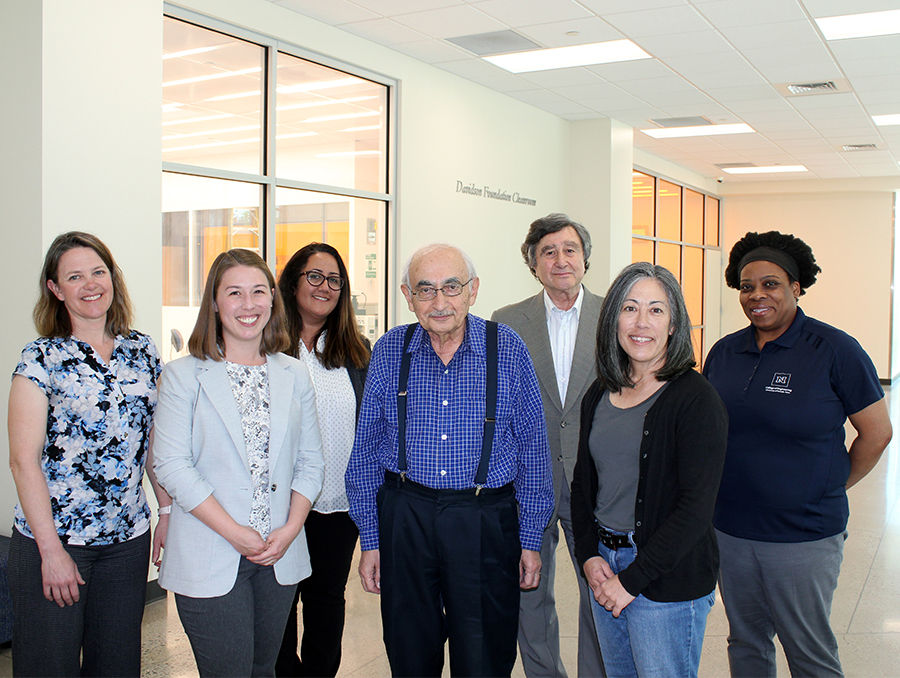David Feil-Seifer has a vision for how robots can help with the looming health care crisis. As baby boomers age and need more medical care, the existing shortage of nurses and other caregivers is projected to worsen.
Feil-Seifer, who joined the Department of Computer Science and Engineering this fall aims to take the pressure off caregivers by developing robots that can assist with certain tasks. Feil-Seifer's area of focus is developing robots that can assist patients through social interaction rather than physical intervention.
"In the healthcare domain, non-contact, repetitive tasks makes up a large part of a caregiver's day," Feil-Seifer said. "Tasks such as monitoring instruments only require a check to verify that readings are within established norms. By offloading these tasks to an automated system, a nurse or doctor could spend more time doing tasks which better leverage their medical training."
Feil-Seifer, who earned his Ph.D. at the University of Southern California, also specializes in how robots can be used with children, with a focus on the development of a socially assistive robotic system for children with Autism Spectrum Disorders (ASD).
"There has been significant anecdotal evidence that some children with ASD respond socially to robots, which could have significant therapeutic ramifications," he said. "We envision a robot which could act as a catalyst for social interaction, both human-robot and human-human, thus aiding human-human socialization of ASD users."
Feil-Seifer's current research focus is on developing socially assistive robots that are engaging to humans, both in terms of meeting our initial expectations for interaction and also being able to adapt and change over the course of a therapeutic intervention.
"A lot of the research that's being done right now is based on a single session," he said. "You have somebody in a room for 20 minutes, a half-hour, an hour, you study it once. But what my research is really concerned with is how does that change over time."
Feil-Seifer believes socially assistive robots can have a positive impact in therapeutic environments where therapy is ongoing, rather than isolated in a lab one or two hours a week, such as encouraging healthy eating choices. Because he wants to design robots that are engaging over sustained periods of interaction, Feil-Seifer is tackling the challenge of modeling for a robot many of the contextual and emotional cues humans use to interact.
"Enabling a robot to exhibit and understand social behavior with a child is a challenging problem," Feil-Seifer said. "Children are highly individual and thus technology used for social interaction needs to be robust in order to be effective."
In order to design a robot capable of that kind of subtlety in interaction, Feil-Seifer is bridging a lot of disciplinary divides to draw on research in human interaction from fields such as psychology, anthropology and philosophy.
"I've worked with professionals in all of those fields, and I plan on continuing to," he said. "As I get started, I'm actively looking for collaborators."
As Feil-Seifer gets his research underway at the University of Nevada, Reno, he's focusing on getting robots and starting initial testing with college students. But he's got his sights set on big goals down the road.
"What I hope to do in the future for an advanced class is actually identify client community and then have people try and design robots to address their needs," he said. "That is going to be a couple years down the road, but it's something I'm trying to build toward."











